The top 12 most satisfying Welsh language insults to aim at your worst enemy – or your mates

The Welsh language has been blessed with a vast arsenal of insults for every occasion, some slightly less rude but others, more so.
Note that this is not a list of general swear words, which in Welsh would run into another article entirely – these are just for when you want to insult someone, either mildly or very harshly.
Use these at your own risk, as some would be considered to be not so insulting in some parts of Wales, but extremely offensive in others.
We’ve left out insults that are commonly used in Welsh but are also very common in English – ‘twat’ and ‘bastard’ etc.
So, here are some of the top Welsh language insults to aim at your worst enemy – or just your friends when you’re annoyed with them.
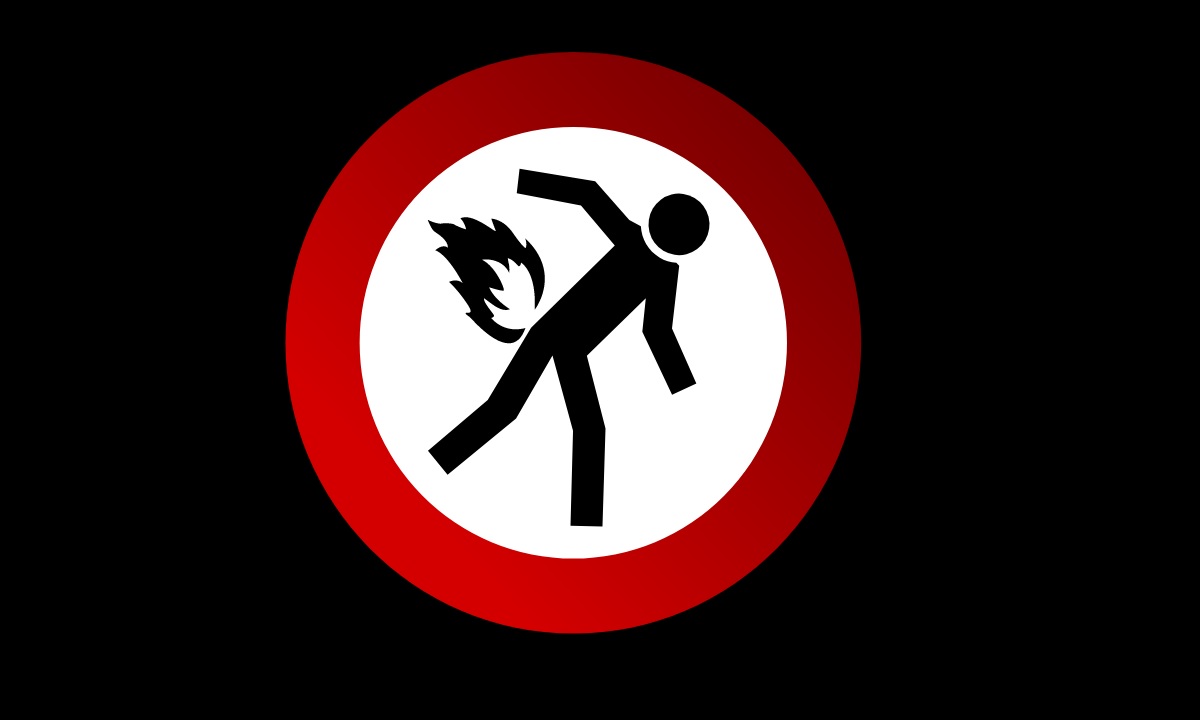
Sglyfath
Nothing quite rolls off the tongue like a ‘sglyfath’. It essentially means someone disgusting, be that because they look bad, smell bad or act bad. This is an all-purpose insult, sometimes used in its shortened form ‘sglyf’. ‘Slebog’ is another good option. If your friend has gone into goblin mode, or farted in your general direction, aim a ‘sglyfath!’ at them.
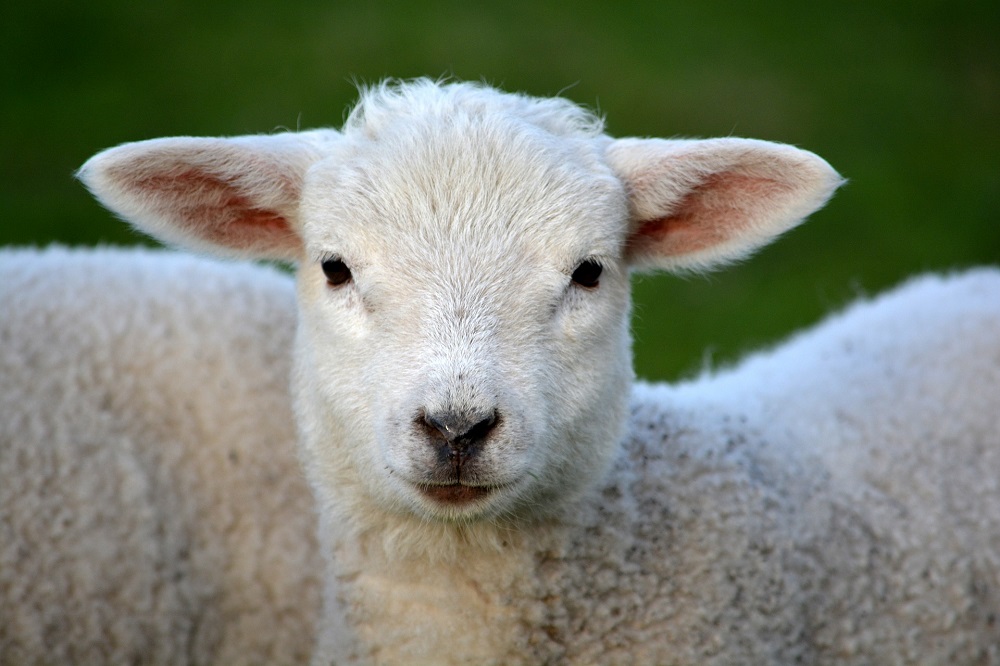
Coc oen
Perhaps the most famous of Welsh language insults, because it’s easy to remember and articulate if you’re an English speaker. In means ‘lamb’s willy’, but might best be translated as ‘knob’. It has bite but can be softened a little bit by calling someone ‘bach o coc oen’ (a little bit of a lamb’s willy). A Senedd Member was once reprimanded for calling a Plaid Cymru councillor a ‘coc oen’. There is a range of other similar options including ‘pen pidyn’, ‘pen pidlan’, ‘pen coc’, which all mean ‘knob’ or ‘dick head’.
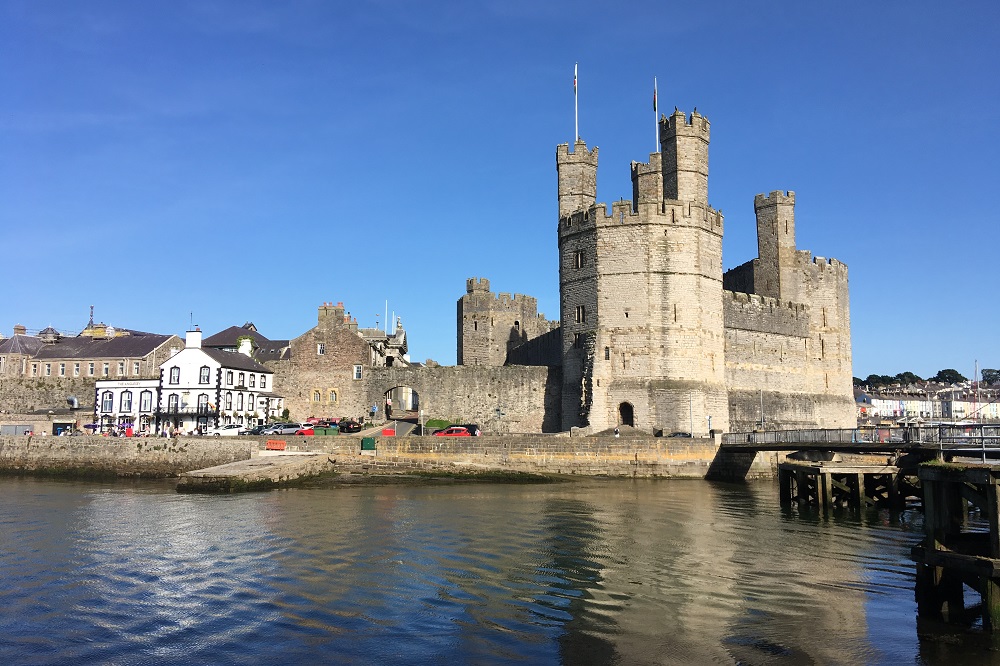
Cont uffar
How the insult ‘cont’ will land depends to a large extent where in Wales you are as it’s a term of jokey affection in Caernarfon where the greeting ‘Iawn, cont?’ is a common one. Elsewhere it my be received much as it would in English. Perhaps it’s worth adding an ‘uffar’ – ‘hellish’ – to the end just to make your intentions entirely clear.
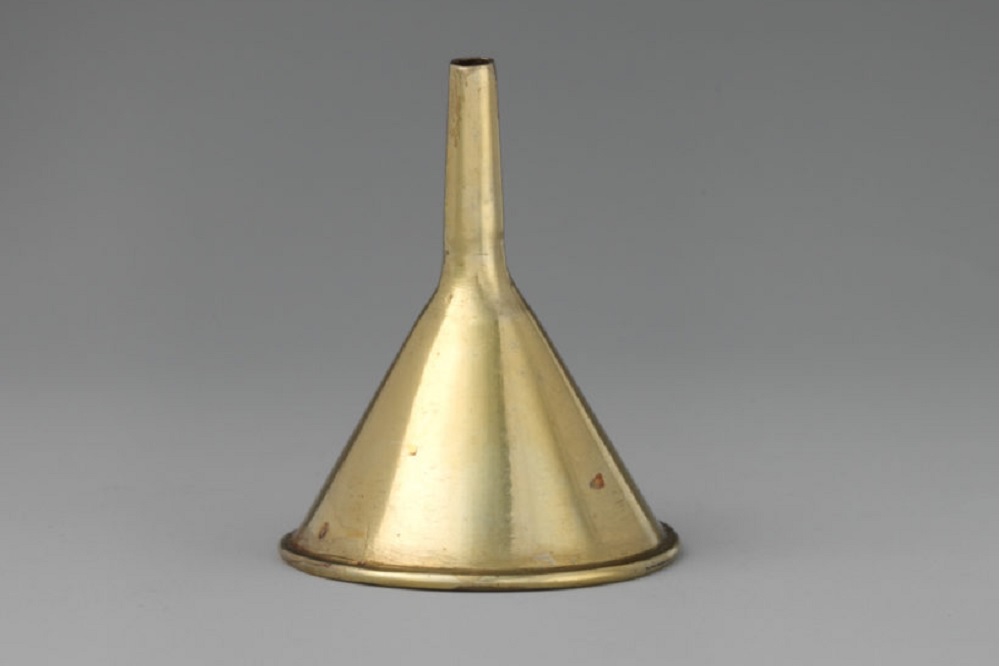
Twmffat
There are many ways of calling someone an idiot in Welsh, but few are as satisfying as ‘twmffat’ – which literally means a funnel into which you pour liquid but actually means that someone is a complete eejit. Can be doubled up as ‘twmffat twp’ for some nice alliteration. ‘Twpsyn’, is another variation on ‘idiot’.
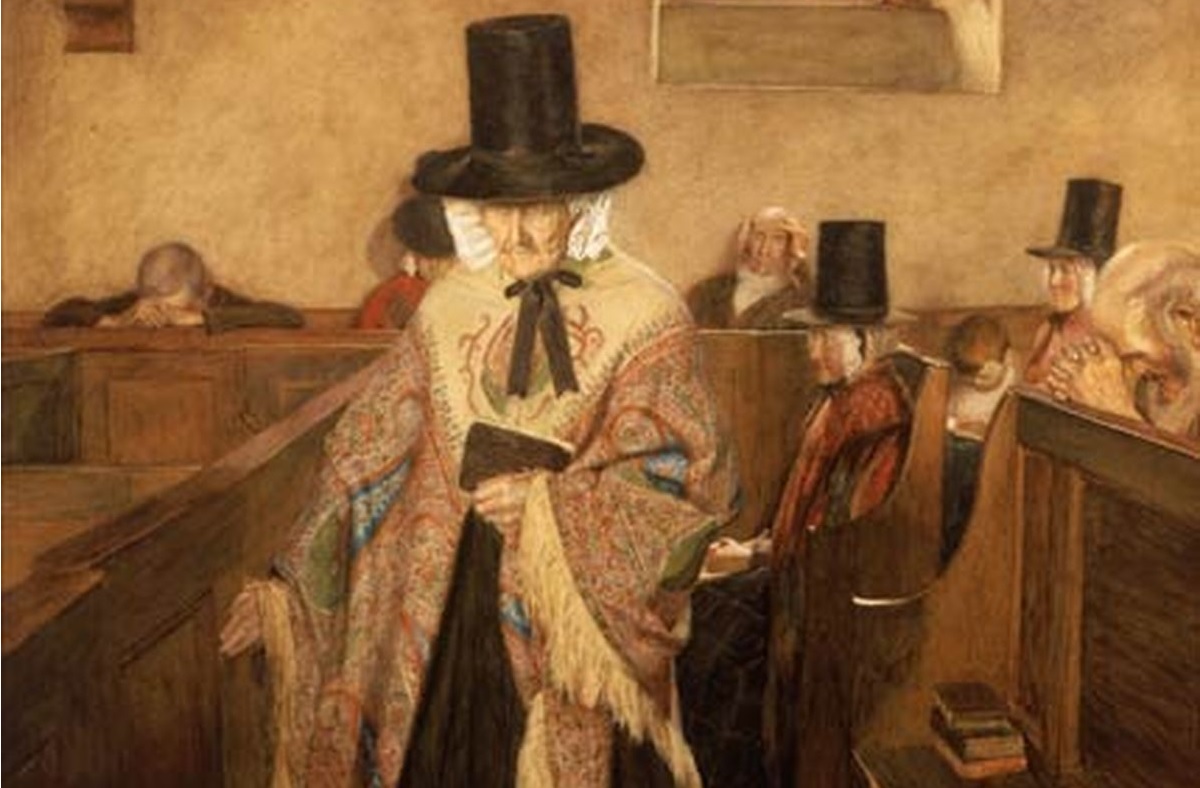
Diawl
Wales considere itself one of the most religious nations on earth up until after the first world war and that may be why there is such a strong fire and brimstone flavour to many of the insults. ‘Diawl’ means the devil, but there is also a choice of ‘cythraul’ (demon) and you can always add an ‘uffer’ or ‘uffernol’ (hellish) to the end for a bit of extra heat. ‘Diawl bach’ (little devil) is another variation.

Lembo
Who knows what the word ‘lembo’ derives from – the dictionary offers few clues – but you’ll certainly feel like one if you’re called it. It’s usually directed at someone who has just done something very stupid – ‘y lembo!’ ‘Pwrs’ is another good option – literally ‘purse’, and this of course means ‘ball sack’ and refers to someone – usually a man – that’s a bit of a twat. ‘Twlsyn’ is another one that convey much of the same strength of feeling. ‘Pwrs’ and ‘twlsyn’ suggest that someone is generally and perhaps deliberately unpleasant, however, while a ‘lembo’ can just be thick.

Pwdryn
This is one of the milder insults on the list and simply means that someone is lazy, but comes from the word ‘pydru’ – to decompose. So when you’re calling someone a pwdryn you’re suggesting that unless they get their butt into gear they’re going to start decaying where they sit, which is nicely evocative. There are a few other good insults that suggest that someone is lazy like ‘torth’ (loaf), ‘rhech’ (fart) or perhaps best of all ‘rhechan mewn pot jam’ (a fart in a jam pot). ‘Bwp’ is a southwestern alternative to call someone stupid or slow to start working.
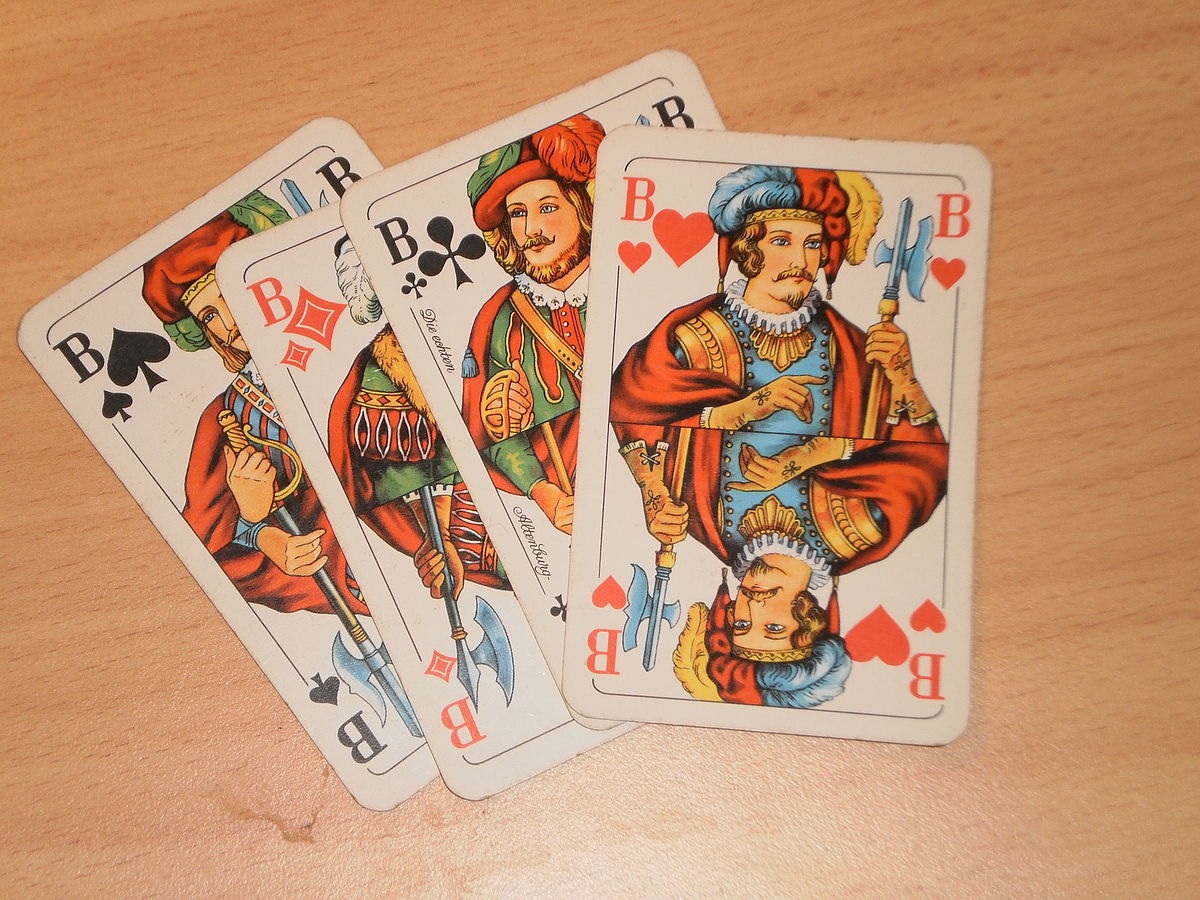
Cnaf
This is interesting as it’s an insult that has fallen out of fashion in English but continues to be use quite commonly in Welsh. It’s literally ‘knave’ and has the same connotations of being a scoundrel, rogue or rapscallion.
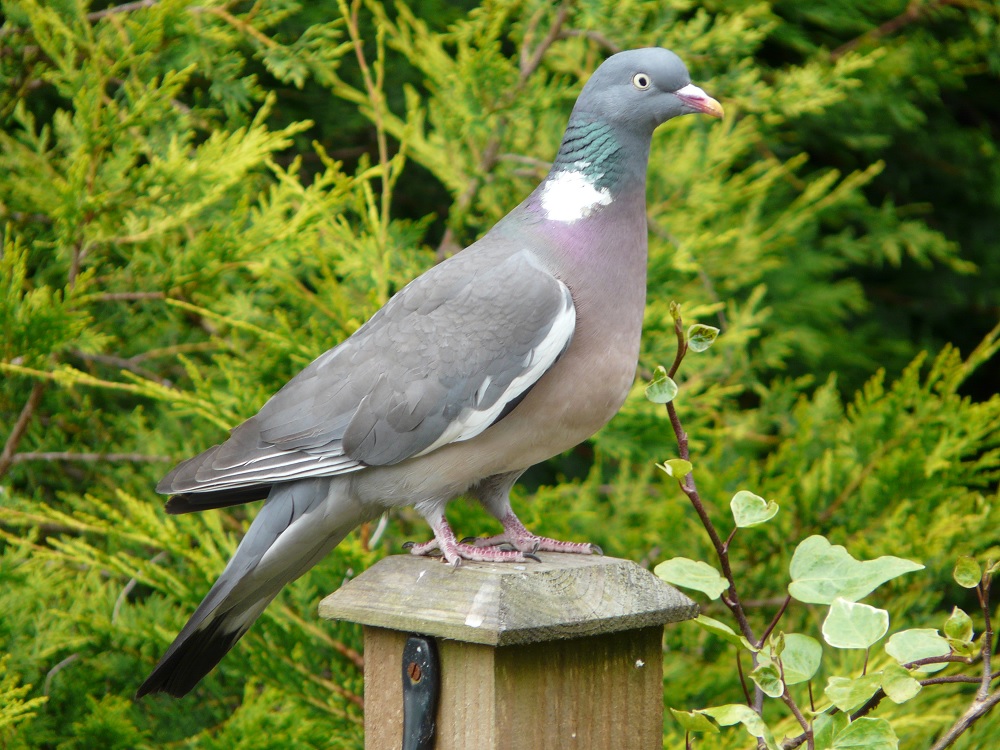
Sguthan
This is usually translated as ‘bitch’ as it tends to be directed at someone who is a woman rather than men as in the case of ‘coc oen’, ‘pwrs’ etc, but in reality, it’s quite a bit milder than that. Other insults along the same lines include ‘hulpan’, ‘jadan’, and ‘jolpan’. A ‘sguthan’ is a actully a common wood pigeon, and fed on farmers’ grain which is perhaps how it got its bad reputation.
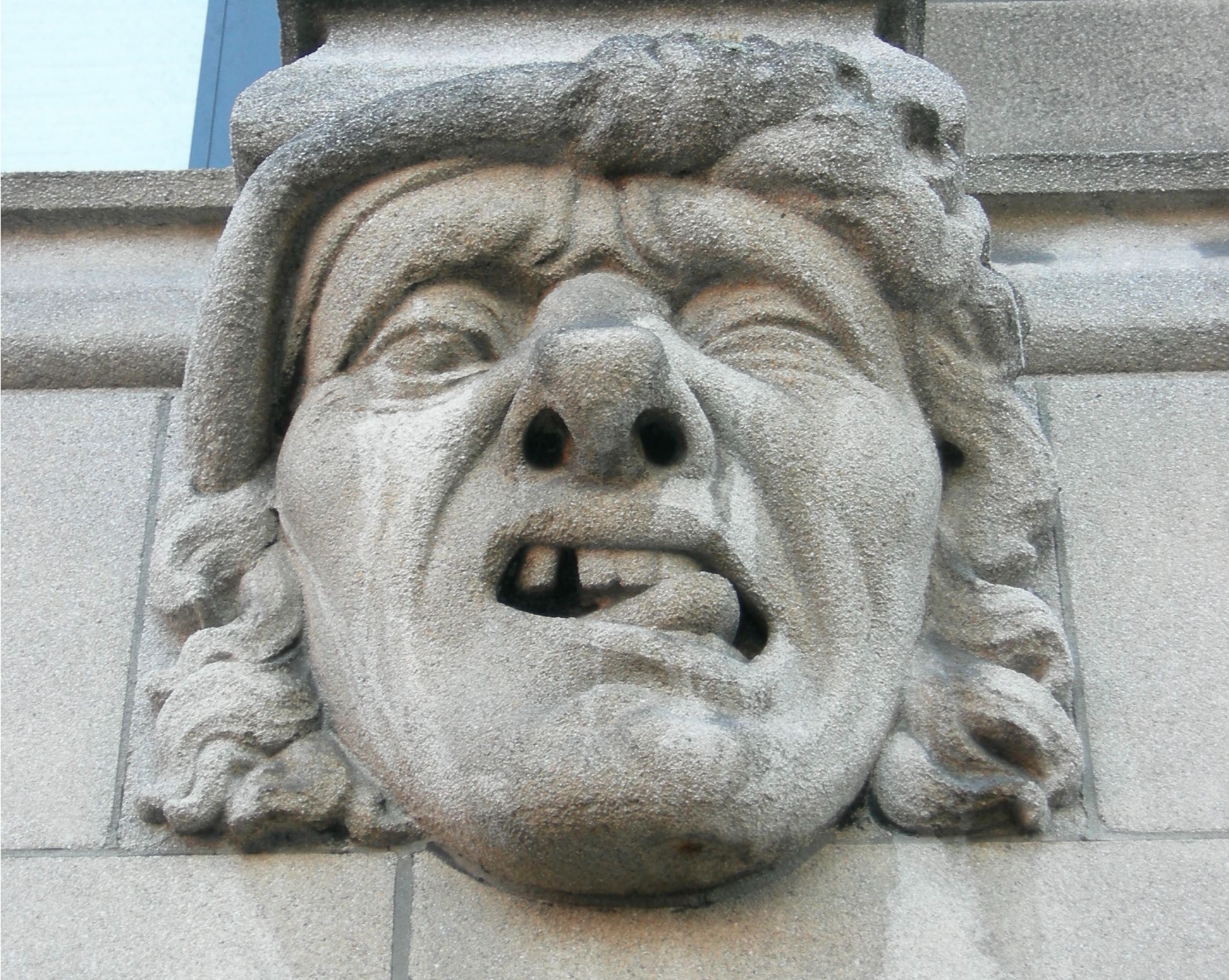
Brych
This literally means placenta or afterbirth and as that suggests tends to be aimed at someone a little bit disgusting, be that because of how they look or how they act. ‘Sprych’ is another variation on this insult. It helps that the word has some harsh sounds in it, an ‘ych’, and is easy to spit out like a poisoned bullet. ‘Cŵd’ (scrotum) is another good option that has similar properties, and a ‘llabwst’ is usually someone who is rather ugly but also big and ungainly.
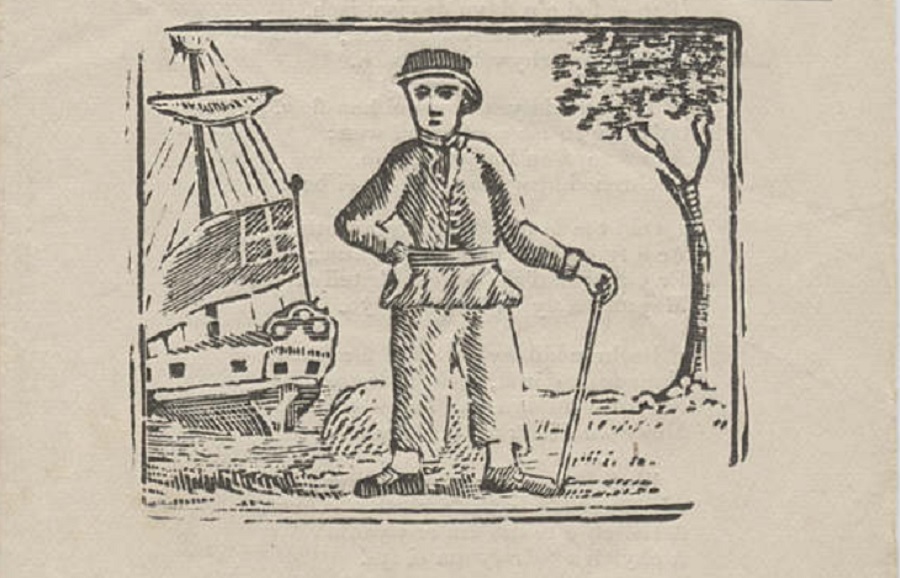
Dic Sion Dafydd
This is an insult with strong political connotations as it means that someone has sold out Wales for their own financial or political gain, or just turned their back on the country. It comes from a ballad written in the 18th century by Jac Glan-y-gors, about the titular Dic Sion Dafydd who returns to Wales from England but is so pompous that he insists on speaking English even with his own Welsh-speaking mother. In modern times it is often an insult aimed at people from Wales who have climbed to the upper echelons of the British establishment and seem to have forgotten where they came from.

Cachgi
Literally ‘shit-dog’, i.e. a dog that soils itself in fright, this refers to someone who is a bit of a coward. Variations include ‘llwfrgi’ (coward-dog), ‘cachwr’ (shit-man). Another alternative is ‘llipryn’ (flaccid-thing) which also tends to be aimed at people who are generally weak and not always necessarily cowardly.
Support our Nation today
For the price of a cup of coffee a month you can help us create an independent, not-for-profit, national news service for the people of Wales, by the people of Wales.






very useful glossary for avoiding the swear-filters in the comments sections.
And yet my admittedly unpopular post with no swear words whatsoever gets removed. Possibly for using the term Wenglish to refer to a group of people explicitly including myself.
Hmm it seems that Nation Cymru’s offence taking engine is as mysterious and as arbitrary as that in LinkedIn.
Never mind more ‘more Welsh’ – I’d just love to be fluent. (Dwyieithog iawn)
ooo. Least popular post I’ve done there. Lot of WalesOnline fans maybe? 😀
Useful for adult learners as well, Llinos.
I’ve never been able to spot the devil in the Vosper painting, and, believe me, I’ve tried.
The crease on the inside “angle” of the front lady’s left arm/elbow is the eye as far as I’m aware – you then work your way down his “face”to his “beard” – the trim of the shawl.
At least that’s what I was shown!
Diolch, Llewz.
Well, have I laughed over here! Fluent Welsh speaker, living away from the homeland for past 30 yrs. Haven’t heard these beauts for a long time, other than in my head. Feeling Hiraeth for those real characters of my past who’s conversations were oft peppered with the very sayings in the article. Diolch. Arbennig.
Wedi mwynhâu’r sylwadau hefyd!
Defnyddiol iawn! Diolch / Very useful N.C. 🙂
I think most of these definitely apply to the members of the Tory party in Cymru, especially Dic Sion Dafydd, which fits Andrew RT Davies and Simon Hart like a glove
I love this.
Pwrs is used affectionately here in SW Wales. “Shwd’i Pwrs?”
Also, I haven’t heard of Bwp but Twp is definitely a word we use to described someone as stupid.